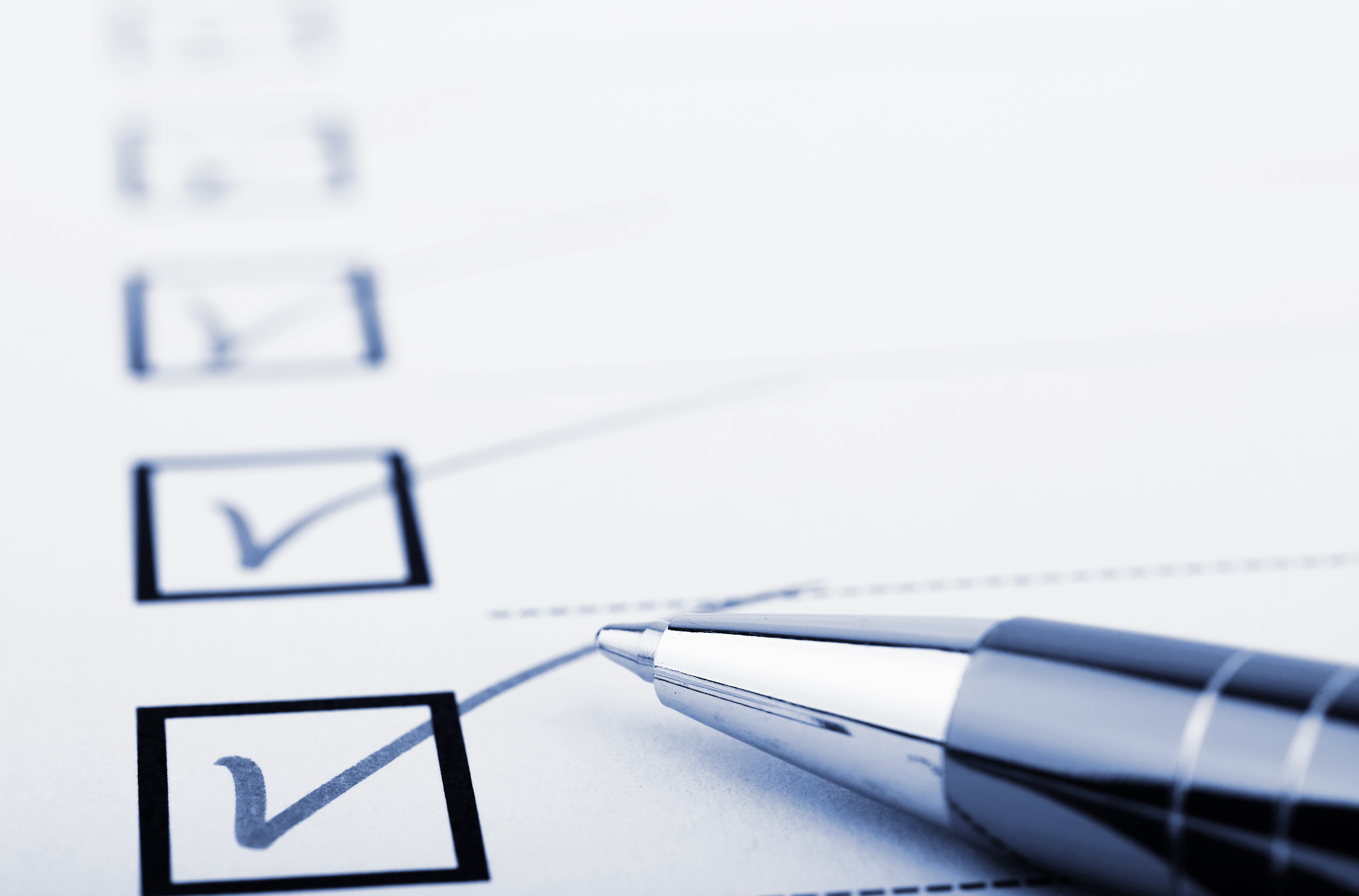When Should I Close My Old Bank Account?
While the conventional wisdom is that you should close your old bank account after you’ve switched financial institutions or moved to a new city, the...
2 min read
 Chris Gottschalk
:
Sep 30, 2021 3:45:00 AM
Chris Gottschalk
:
Sep 30, 2021 3:45:00 AM

Once you’ve successfully switched financial institutions, only one question remains—what do you do with your old bank account?
The conventional wisdom is that you should close it down once you’ve successfully switched over your direct deposit and set up your new electronic bill pay service, but the reality is that many people see the value in keeping their old checking and savings accounts open. Here are some reasons you might not want to close your old bank account yet.
 If you have a credit card through your old financial institution, you’ll want to keep your old account open—especially if that credit card is your oldest one. This is because credit cards play a significant role in determining your credit score.
If you have a credit card through your old financial institution, you’ll want to keep your old account open—especially if that credit card is your oldest one. This is because credit cards play a significant role in determining your credit score.
Credit bureaus use the length of your credit history as a factor in determining your credit score, so if you close your oldest credit card account you’ll be shortening the length of your credit history, and your credit score may go down a few points as a result. They also look at your existing credit limits when determining your credit score, so if you close your old account you’ll lower your credit limit, which will hurt your credit score.
Let’s face it, all financial institutions are not created equal, and even if your new bank or credit union is better for you overall, your old financial institution might have some perk you like that your new institution doesn’t offer. If you still want to take advantage of that perk, you should definitely keep your old account open. However, you should make sure that the perk your old financial institution offers doesn’t require you to maintain a minimum level of activity or a minimum balance in your account.
 Finally, if your old bank account is still useful, don’t close it down. Maybe you like the idea of keeping your emergency fund separate from your main savings account, or maybe you still plan on spending time in the city where your old financial institution is located. Maybe the coffee at your old financial institution’s lobby is just that good.
Finally, if your old bank account is still useful, don’t close it down. Maybe you like the idea of keeping your emergency fund separate from your main savings account, or maybe you still plan on spending time in the city where your old financial institution is located. Maybe the coffee at your old financial institution’s lobby is just that good.
Regardless of the reason, keep your old bank account open as long as it’s useful. Just make sure you’re able to keep track of all the accounts you have open.
There’s nothing wrong with keeping old checking and savings accounts open. If you have a credit card through your old financial institution, you may want to keep a bank account open. You might also want to keep your old bank account open if it has some perk you like. Just make sure that your old account is still useful to you in some way.
If you’re looking for a checking or savings account you’ll want to keep, become a member of First Alliance Credit Union today. We offer traditional checking and savings accounts with no monthly or maintenance fees, as well as the ability to maintain your account no matter where you are, thanks to our robust online banking platform and mobile app.

While the conventional wisdom is that you should close your old bank account after you’ve switched financial institutions or moved to a new city, the...

If you’re thinking about switching to a new bank or credit union, you might have come across some financial institutions offering something called a...

Ask someone if they know how to open a new bank account, and they’ll more than likely tell you they do. However, if you ask someone if they know when...